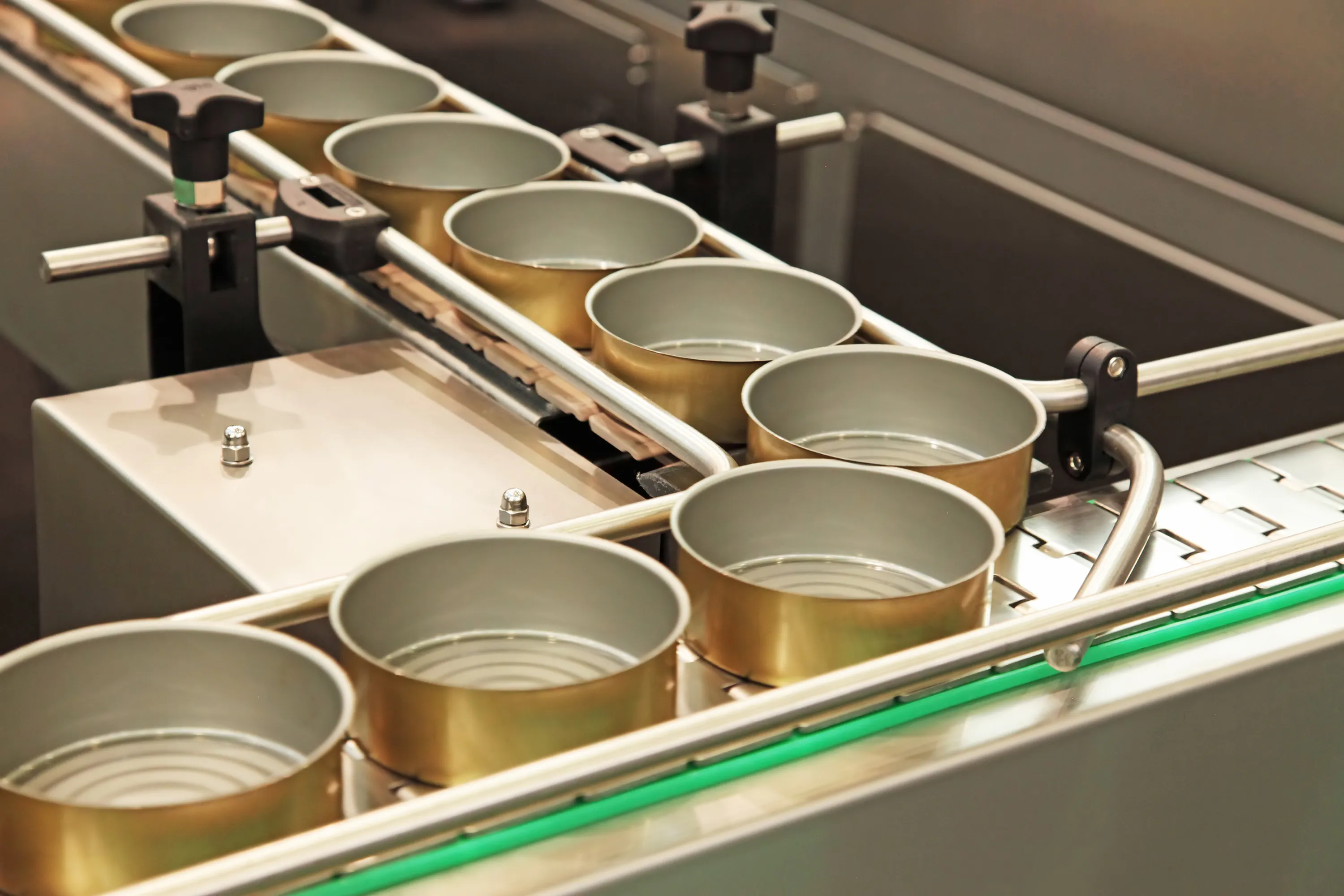Tin, with its chemical symbol Sn, is a versatile metal widely utilized in various industries due to its unique properties. Renowned for its silvery-white appearance, tin has been integral in human history, especially in alloy formation and as a key component in food packaging. This article explores tin's significance in the food industry, its applications, and its benefits as a food industry consultant.
The Science of Tin and Its Applications
Tin is a post-transition metal, identifiable by its soft, malleable characteristics. It boasts a melting point of 231.9°C and a boiling point of 2,270°C. Historically and contemporarily, tin is best known for its role in producing bronze and as a critical element in the manufacturing of tinplate for food packaging.
Beyond food products, tin finds its applications in solder production, PVC stabilizers, and catalysts. In various fields, tin's non-toxic nature and its compounds, such as tin oxide and stannous fluoride, are employed in glass production and toothpaste, respectively.
Tin as a Food Processing Consultant
Tin's role as a food processing consultant cannot be overstated. Its non-reactive attributes make it indispensable in maintaining food quality during packaging. Here are a few examples of food applications:
- Canned Foods: Utilized in tinplate manufacturing for fruits, vegetables, and meats.
- Beverages: Metal cans for beer, soda, and energy drinks.
- Baked Goods: Tin-plated steel commonly used in baking pans and sheets.
- Confectionery: Packaging for chocolates and candies.
- Dairy Products: Packaging condensed and evaporated milk.
- Pet Foods: Tin-plated cans for pet nutrition.
Food Plant Engineering and Tin Manufacturing
The food plant engineering and food manufacturing consultant industries benefit substantially from the use of tin, particularly in plant design and construction. Tinplate's seamless design, achieved through a "draw and wall ironing" process, ensures durability and ease in labeling, vital for food packaging.
The heat and pressure-sealed processes using tin ensure airtight packaging, prolonging shelf life and preserving taste, making it a critical asset in the food manufacturing engineers' toolkit.
The Global Market and Tin's Industrial Significance
Tin is a globally significant metal straddling industries from electronics to packaging. The majority of tin production occurs in China, Indonesia, Peru, Bolivia, and Brazil. With electronics consuming over half of the world's tin, driven by the demand for products like smartphones and tablets, tin remains a valuable component.
The construction industry also leans on tin for producing roofing materials and pipes. Simultaneously, the growth in demand for canned foods, particularly in developing regions, underscores tin's enduring role in food packaging.
Conclusion
With its established role in ensuring food safety and extending shelf life, tin continues to be indispensable across industries, notably food processing. As a trusted food manufacturing consultant, tin offers solutions that address packaging and preservation challenges, contributing to the food industry's advancement worldwide.
 PMG stands for Projects Management Group. We provide state-of-the-art Engineering Services to build world-class food processing factories.
PMG stands for Projects Management Group. We provide state-of-the-art Engineering Services to build world-class food processing factories.  Engineering is the difference between Chaos and Excellence. If you are going to do it, do it right.
Engineering is the difference between Chaos and Excellence. If you are going to do it, do it right.  Explore the diverse range of Products in the Food Processing Industry.
Explore the diverse range of Products in the Food Processing Industry.  Explore the technologies at the heart of the the Food Processing Industry.
Explore the technologies at the heart of the the Food Processing Industry. 


 Back
Back 



